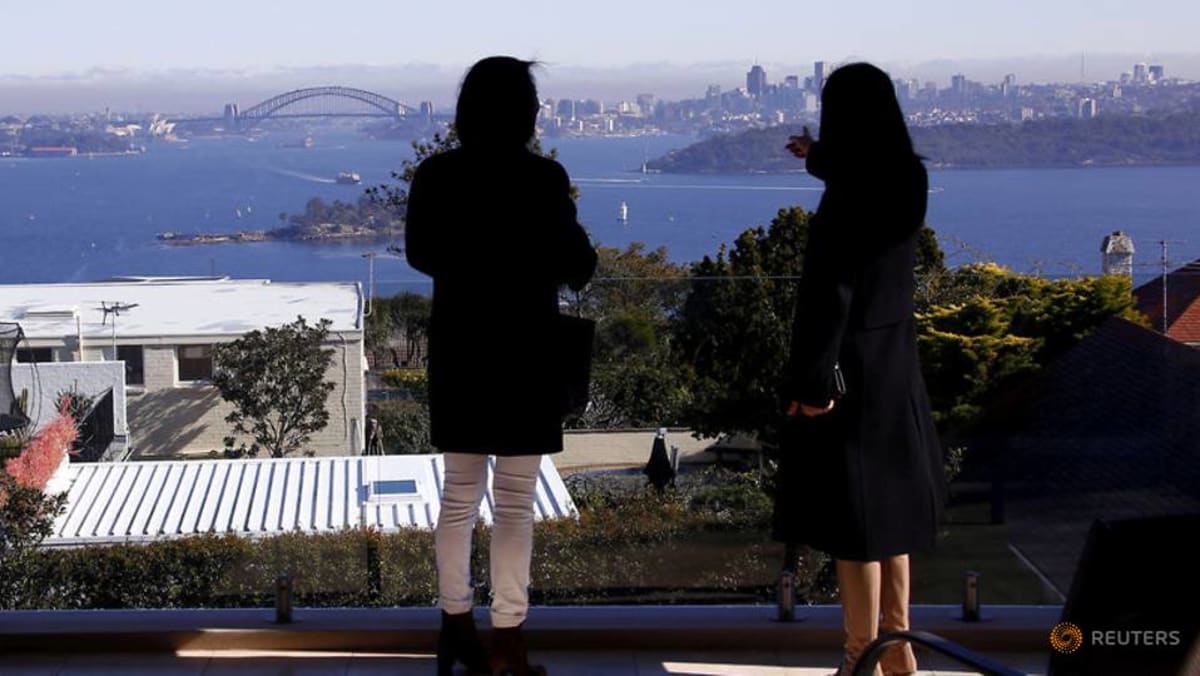Why some Australians can’t afford the houses that they just bought, and may be forced to sell them
A POSSIBLE RECESSION?
The rise in interest rates is also affecting the broader economy, adding to Australia’s cost of living woes and stoking fears of a possible recession if the conditions do not improve.
The central bank is taking much of the blame for initially suggesting that interest rates in Australia would not go up until 2024.
This has led to people to borrow more than they could afford.
That changed when inflation first took off, forcing the Reserve Bank to put a brake on consumer spending by raising rates earlier than planned.
Now, many home owners who were prompted to borrow more in a rising market face negative equity – mortgages in excess of the value of their property.
With the central bank predicting more interest rates to come, some may be forced to sell them.
To make matters worse, rate rises are affecting the broader economy, said analysts, noting that there is no sign of a soft landing.
It is not clear when the interest rates and the rising cost of living will start to fall, but with the economy on a knife edge and many Australians already forced to cut back on their spending, the fear now is of a looming recession, they added.
Many Australians are suffering the consequences.
Young families have been the worst hit, and some no longer have a roof over their head.
One resident said: “A lot of people have paid a lot of money for their houses and now interest rates are going up, they can’t afford to pay it all back because they borrowed too much.”
However, opinion is divided over the severity of the slowdown and where it is heading.
Professor Tim Harcourt, industry professor and chief economist at the University of Technology Sydney’s Institute of Public Policy and Governance, said: “The export basis is very good and our unemployment rate is very low, so I think, if anything, Australia has got the least chance of a recession.”
For all the latest world News Click Here

